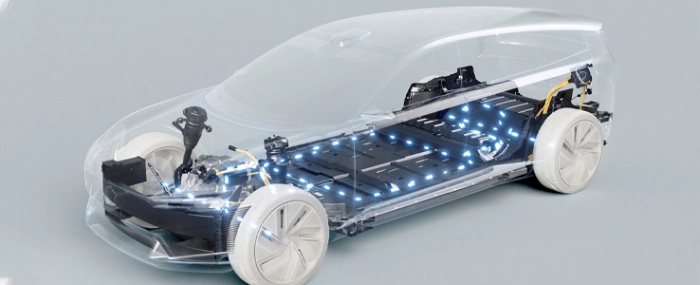
Volvo Cars adjusts its electrification ambitions
Volvo Cars has decided to adjust its electrification ambitions due to changing market conditions and customer demands. While the Swedish carmaker is still looking to become a fully electrified automotive company, the timeline has somewhat shifted.
With five full EVs already on the market and another five models in development, full electrification remains a key pillar in the company's product strategy. The long-term goal remains to become a fully electric car company, and it also aims to reach net zero greenhouse gas emissions by 2040.
However, the company's previous goal was that half of its sales would be generated by electric cars by 2025, and then to be a fully electrified company by 2030. Going forward, Volvo Cars aims for 90% to 100% of its global sales volume by 2030 to consist of electrified cars, meaning a mix of both fully electric and plug-in hybrid models – in essence, all cars with a cord.
The remaining 0-10% will allow for a limited number of hybrid models to be sold. This replaces the company’s previous ambition for its line-up to be fully electric by 2030.
“We are resolute in our belief that our future is electric,” says Jim Rowan, chief executive of Volvo Cars in a press release. “An electric car provides a superior driving experience and increases possibilities for using advanced technologies that improve the overall customer experience. However, it is clear that the transition to electrification will not be linear, and customers and markets are moving at different speeds of adoption. We are pragmatic and flexible, while retaining an industry-leading position on electrification and sustainability.”



